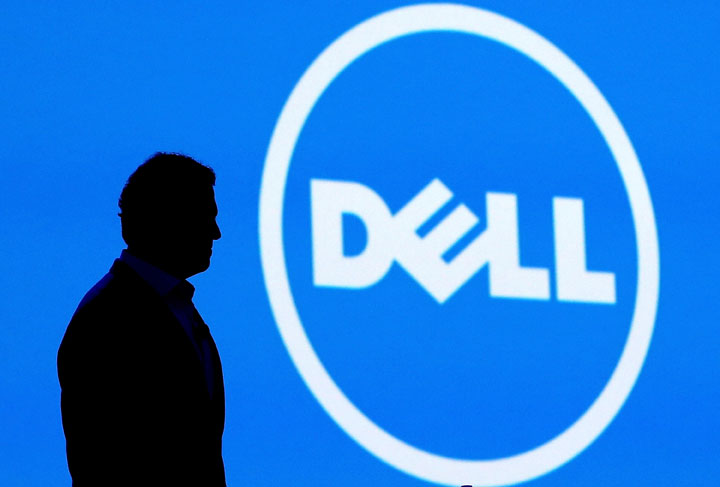TORONTO – Fake tech support phone scams are nothing new to Jan Miller. The Victoria, B.C., resident has been receiving calls from scammers claiming to be with Microsoft for years.

But this week the calls changed – the person on the other end claimed to be with Dell instead.
According to Miller, the scammers used the exact same wording as they did with the Microsoft scam, claiming their technology department had detected issues with her computer.
Miller received the first of these phone calls on Wednesday. The scammers have called back every morning since.
READ MORE: Ont. man records fake Microsoft phone scam as warning to others
“It’s the first time they haven’t said Microsoft,” Miller told Global News via email.
For years scammers have been pulling the same move using Microsoft as their alias. Consumers are tricked into thinking they’re on the phone with a Microsoft representative; if they fall for it, the user could end up giving scammers access to their computer. In extreme cases, the scammers hold the user’s data hostage and demand a ransom for its release.
- N.S. couple felt they won ‘doctor lottery’ after years on wait-list. Now they’re back on it
- ‘Summer of discontent’ coming over public service in-office order: unions
- Family says infant killed in 401 crash leaves a ‘void that can never be filled’
- Jewish students say they don’t feel safe from antisemitism on campus
The scam is so commonplace Microsoft has a section of its website dedicated to warning customers not to fall for it.
In 2012, the U.S. Federal Trade Commission (FTC) fronted a major crackdown on the scam, but both U.S. and Canadian consumers continue to report receiving similar calls.
In December, Microsoft sued California-based firm Omnitech for trademark violation and deceptive business practices, alleging the company was behind some of the phony tech support calls.
READ MORE: How to protect your computer from malware and phishing scams
At the time, Microsoft said it had received over 65,000 customer complaints about the scam since May 2014.
Reports of scammers using the Dell name date back to 2008 on Twitter.
Dell is aware of the scam calls and is actively reaching out to customers on Twitter who report the incidents.
“It is disheartening to hear of our customers falling prey to such scams, especially when they are in need of support,” said Dell spokesperson Christina Furtado.
“Note, Dell does not make unsolicited phone calls to help you fix your computer.”
“We encourage our customers to treat all unsolicited phone calls with skepticism. If you take down the caller’s information, we’re happy to verify their legitimacy – just reach out to Dell through our official support channels found at Dell.com/support.”
Some have alleged that the calls started after they contacted Dell customer support.
Earlier this month, one Twitter user tweeted at the Dell Cares support account, suggesting the company had suffered some sort of data breach due to the amount of his personal information a scammer had.
A Dell customer care forum post, from 2012, also reported being called by scammers after contacting Dell’s legitimate customer support line. However, Dell maintains information given to customer support is confidential.
Miller has since filed a report with Dell and an anti-fraud centre.
If you do receive a call that you think is suspicious, don’t give the representative any information.
You can report any suspicious calls to the Canadian Anti-Fraud Centre by calling 1-888-495-8501 or by going to antifraudcentre.ca.




Comments